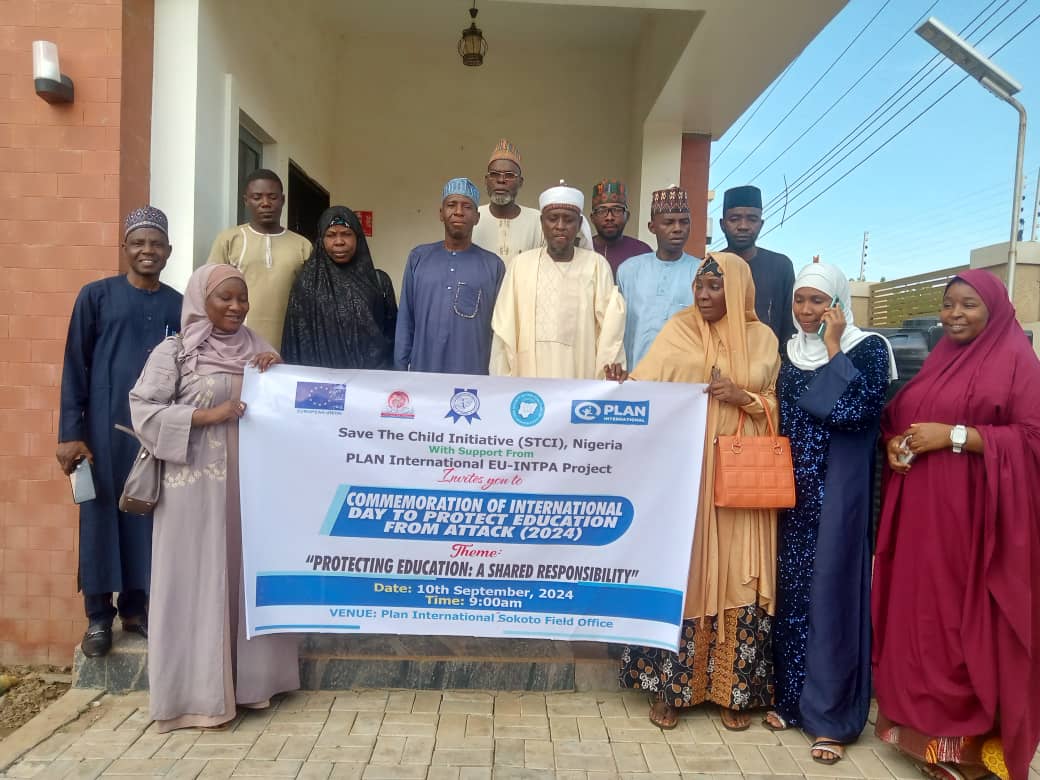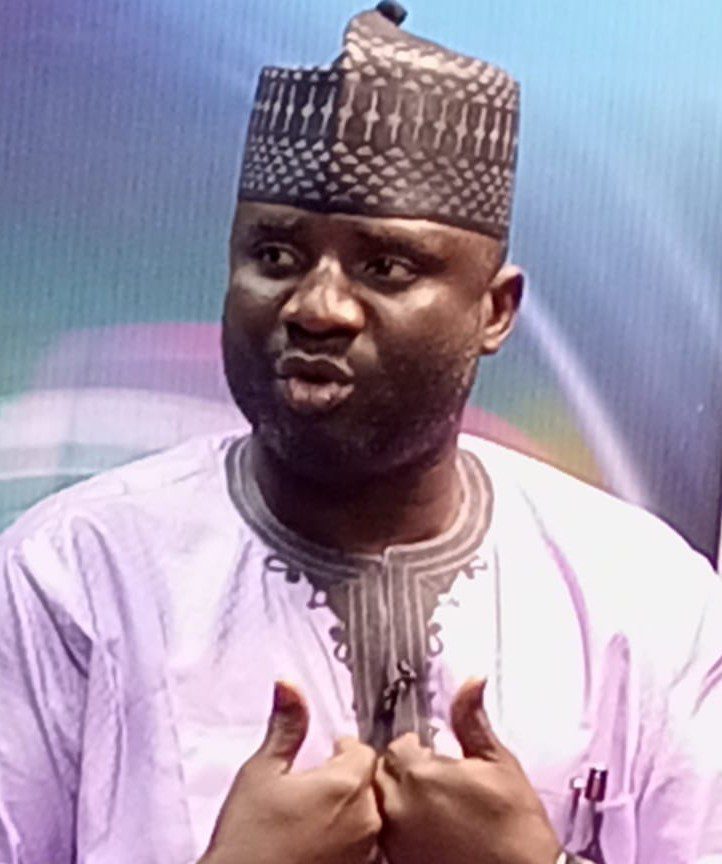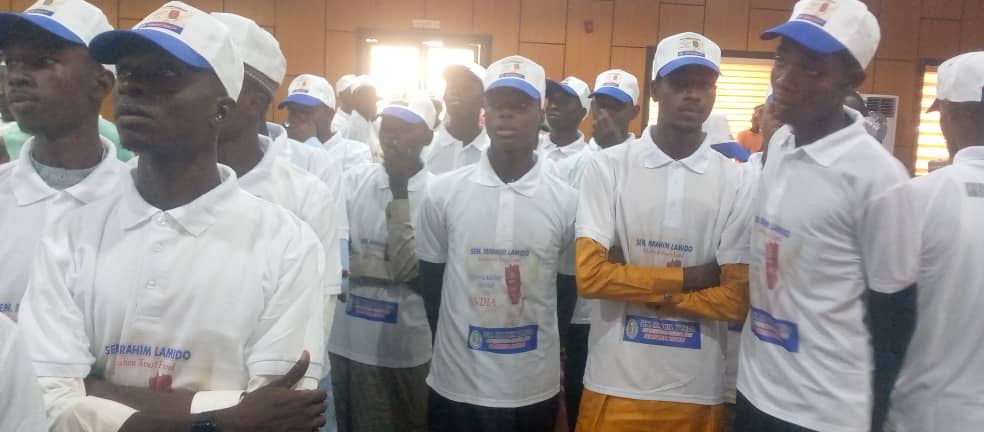BY ANKELI EMMANUEL, Sokoto
Save the Child Initiative (STCI), Nigeria with support from Plan International Tuesday organized a workshop to mark 2024 “International Day To Protect Education From Attack” in Sokoto.
The one day workshop with the theme, Protecting Education: A Shared Responsibility” drew participants from diverse disciplines.
In a welcome address, PLAN International said they have a 2024-2028 country strategy for Nigeria which is committed to encouraging inclusive and quality education, motivate youths to become active agents of change, and to also enable them to decide and thrive.
Continuing, PLAN International said the mission could only be achieved through embarking on effective collaboration with stakeholders such as partnership with communities, government, corporate institution networks and NGOs as well as INGOs is employed.
“”These therefore means, PLAN International has bilateral, multilateral and international partnership strategy geared towards achieving it’s goals'”.
Giving background on why protection of school should be everybody’s business, Gift Zagi said education in Nigeria has been under severe attack over the last decade and thus the need to come up with work plans from all stakeholders on how to end the menace.
She also divulged that there is an action plan of school safety which is yet to be validated.
Delivering paper on the Journey of Safe School Declaration in Nigeria: Challenges and Achievements,
Dr Judith Giwa said the country is amongst the most affected as far as unsafe school situation was concerned.
“”These incident is more in the north east and north west were attacks are mostly carried out in schools and educational institutions lately perpetrated by Boko Haram,and insurgents””.
Continuing, Dr Giwa listed challenges faced by the Safe School Declaration to include, incomplete implementation of the 2PoA (2018-2020 and 2020-2023, slow policy implementation, weak level of awareness and implementation at subnational levels, as well as weak political will and budget allocation for the safe schools declaration.
Dr Giwa listed other challenges to include displacement and educational disruption, adherence to minimum standards, ownership taking by Federal ministry of education and more attention paid to conflict-insecurity driven hazards than others.
She further listed terrorism and insurgency, kidnapping and ransom demand, cultism and gang violence, cyber bulging and online harassment, mental health and psychological wellbeing as well as parental anxiety and impact on children amongst others.
On the expected roles of youth in promoting Safe School Declaration,
Dr Giwa urged them to deploy innovation and technology, peer education, advocacy and participation in community watch initiatives, influence policy, provide trauma and watchdog support and taking part in global diplomacy and engagement.




